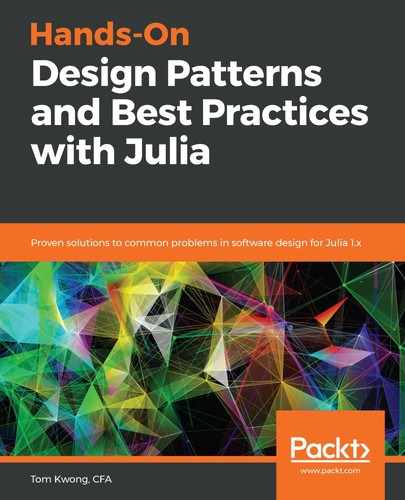In 1968, an interesting article was published—it envisioned that computers should be able to learn from experience during execution and improve their own efficiency.
In developing software, we often face a situation where the speed of execution is constrained by many factors. Maybe a function needs to read a large amount of historical data from disk (also known as I/O-bound). Or a function just needs to perform some complex calculation that takes a lot of time (also known as CPU-bound). When these functions are called repeatedly, application performance can suffer greatly.
Memoization is a powerful concept to address these problems. In recent years, it has become more popular as functional programming is becoming more mainstream. The idea is really simple. When a function is called for the first time, the return value is stored in a cache. If the function is called again with the exact same argument as before, we can look up the value from the cache and return the result immediately.
As you will see later in this section, memoization is a specific form of caching where the return data of a function call is cached according to the arguments being passed to the function.
